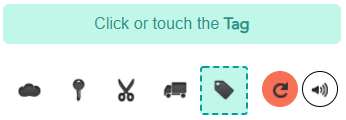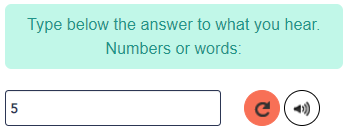Compare Business Interruption Insurance Rates
Learn more about the factors that dictate your business interruption insurance rates, compare top insurers, and save.
 Your information is secure.
Your information is secure. Business Interruption
Coverage for when the unexpected happens to your business and it must close temporary, covers loss of revenue, day to day expense and rent or relocation costs.
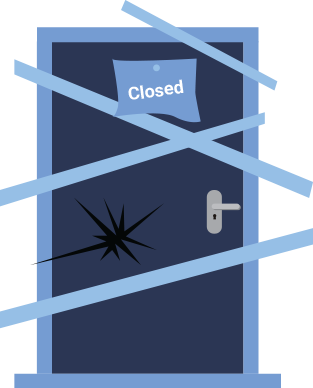
What is business interruption insurance?
If a business is forced to temporarily close due to a catastrophic event such as a fire, business interruption insurance can pay for lost revenue, day-to-day expenses, and rent or relocation costs.
When do I need business interruption insurance?
Business interruption insurance (or business income insurance) helps your business recover from a temporary shutdown due to a devastating event. It can help cover the cost of day-to-day expenses, lost revenue, and relocation.Damage caused by a storm or other incident can lead to financial loss and, in some cases, permanent closure. Business interruption insurance keeps your business afloat until you can reopen.
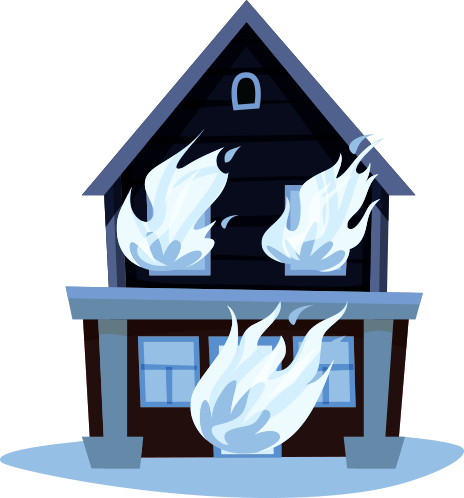
This policy can help pay for:
Revenue the business lost as a result of the incident
Normal operating costs during the shutdown
Temporary relocation of your business
Boost your business interruption coverage with endorsements
Extra expense coverage
Extra expense coverage pays for expenses above and beyond a business’s normal operating costs. This rider funds "extras" – i.e., non-ordinary operating costs like leasing equipment, paying employees overtime, or hiring temporary workers
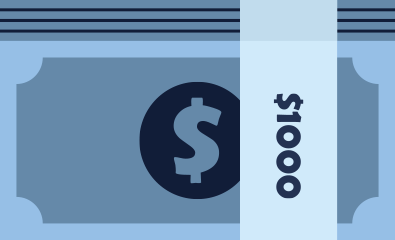
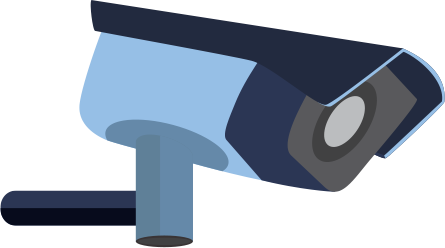


Home Security Systems
Contingent business interruption insurance provides financial assistance when the loss of a primary supplier, partner, or customer affects your ability to do business. It pays for ongoing expenses while you search for a replacement. This rider makes sense if your business relies on:
A single supplier or manufacturer to provide certain materials
A few major customers to provide most of your revenue
Other nearby businesses to attract customers
How does business interruption insurance work?
Business interruption insurance covers the cost of a temporary shutdown when:
Your business has commercial property insurance through a standalone policy or a business owner's policy.

The property insurance policy covers the cause of the interruption. Property insurance usually covers fires, theft, vandalism, and extreme weather.

Your business shuts down completely. If you’re still operating and bringing in revenue in any capacity (even online or out of your home), you won’t be able to collect business interruption benefits.
Your business must be closed for a certain period of time – usually 72 hours, but it varies by policy / carrier – before you can begin collecting benefits. Most policies will cover any interruptions that last up to 12 months. Many carriers may include different business interruption coverages and exclusions to distinguish itself from the competition.
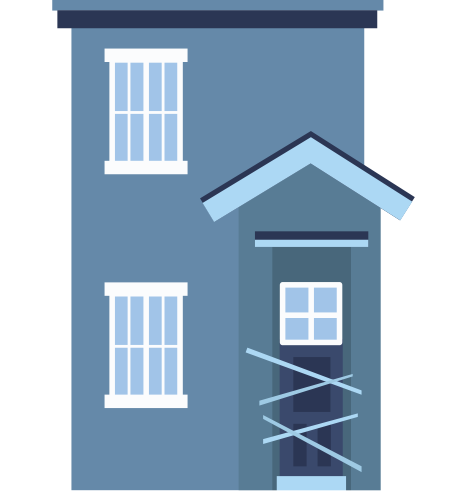

Who is eligible for business interruption insurance?
To qualify for business interruption insurance, most insurance providers require that your business have a commercial location. If you operate your business out of your home, you likely won’t be able to add business interruption insurance to your business owner’s policy.
Other factors can also affect your business’s eligibility for business interruption insurance, including:
Business classification or industry
Previous business interruption claims
Your location
Business interruption insurance can be inexpensive for a small business. Several factors affect policy costs, including:
Revenue
Business classification or industry
Previous business interruption claims
Location
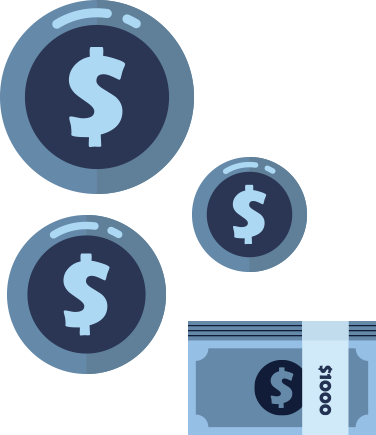
Business interruption insurance typically costs between $500 and $1,500 per year, but coverage can cost significantly more for high-value businesses with high liabilities.

Commercial property value affects insurance costs
When property damage leaves your business location uninhabitable, business interruption insurance covers the cost of rent or the cost of relocating to another location. If you own or rent valuable commercial property, your business interruption insurance premiums will be higher, but so will your payout if your business is forced to shut down.
Industry risks affect insurance costs
If you work in an industry where the risk of property damage is high, you’ll probably have to pay more for business interruption insurance. For example, a restaurant will likely pay higher insurance premiums than a advertising firm because restaurants face more risks.
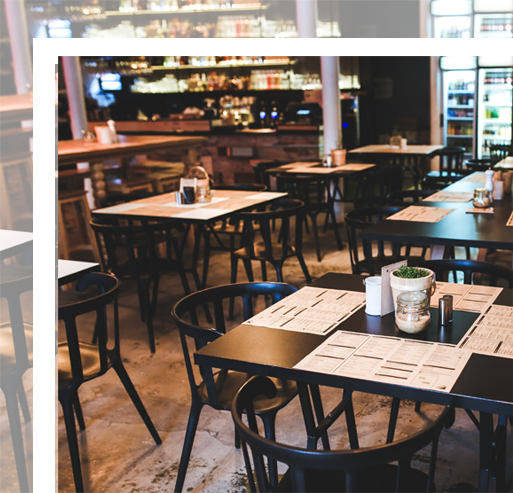

Revenue affects insurance costs
Because business interruption insurance compensates businesses for lost revenue during a temporary shutdown, businesses with higher revenue tend to pay higher premiums. While these businesses pay higher premiums, they also receive more compensation meaning costlier payout for carriers.
















